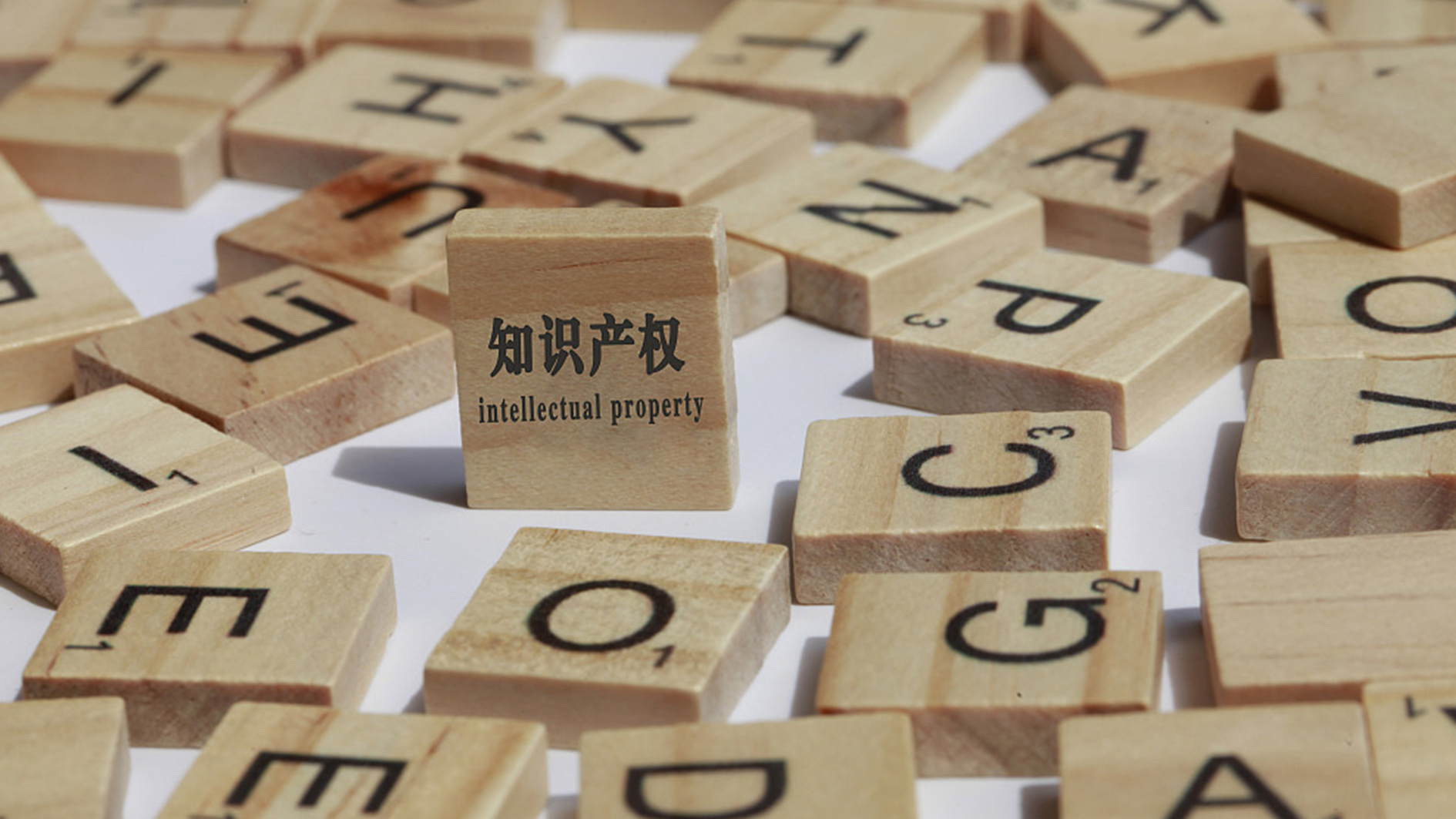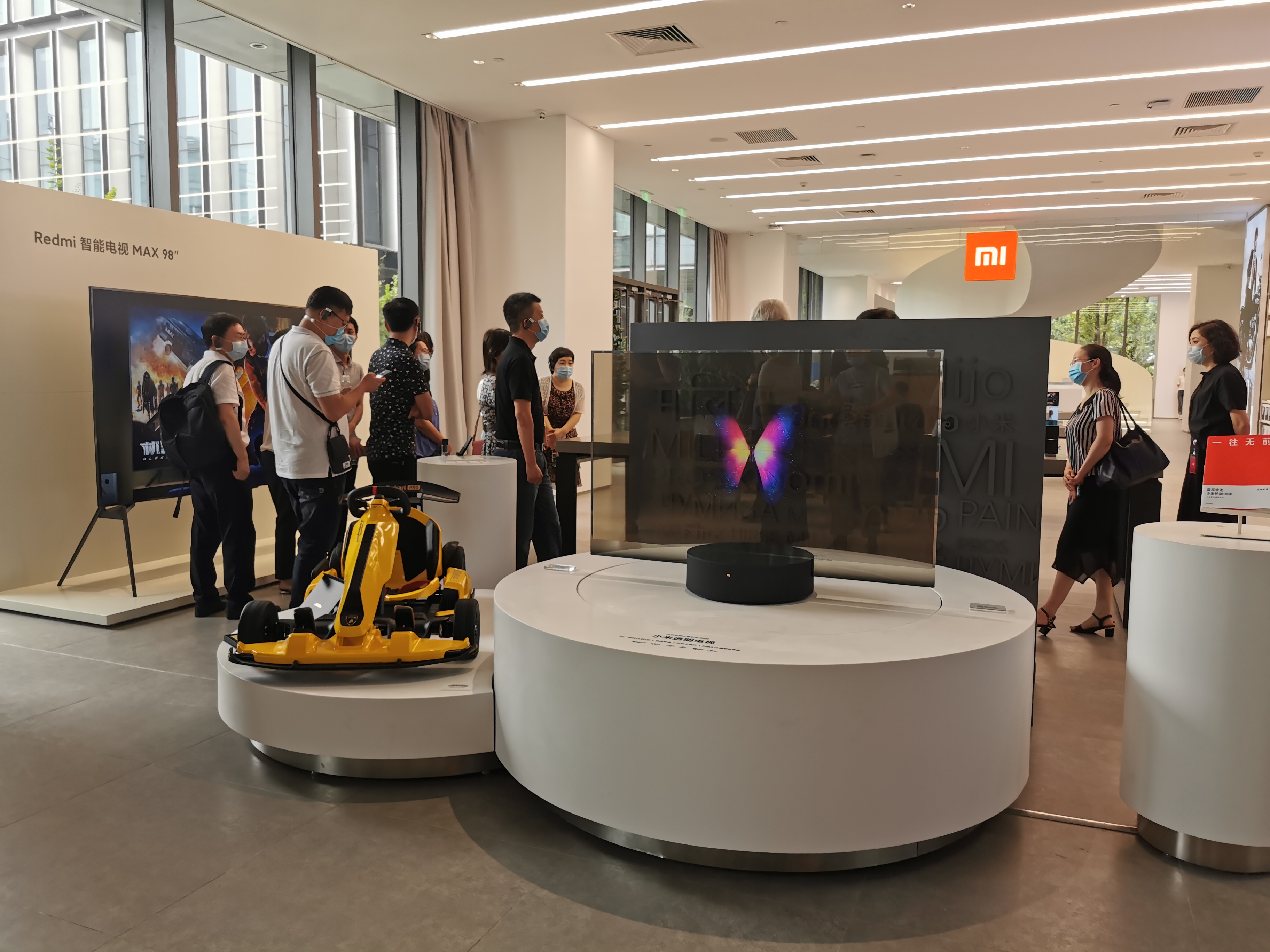01:40

Intellectual property has long been a sticking point between China and the U.S.
Back in January, when Washington and Beijing put pen to paper on a phase-one trade deal, the Chinese side introduced a raft of measures to deal with some of Washington's concerns.
But it's not just the U.S.
As China's economic model transitions towards "high-quality" development, there have been demands from domestic companies too. The Chinese government is responding to it.
As Chinese companies innovate, they're looking to better protect their intellectual property.
China introduced two major policies to improve the overall environment for an intellectual property right, or the IPR.
On Friday, officials briefed the media on how legal protections have developed since. One includes a channel aimed at reducing the time needed for companies to obtain patents, from up to three years to only one.
Deputy General Manager of Legal Department of Xiaomi Group Liu Zhen said: "One of the researches and development subjects, Xiaomi Mobile, has submitted nearly sixty patent applications through the priority channel in the past year. Ninety percent of them have been granted within a year, and for utility models, this can happen within just two months."

People visit Xiaomi's latest concept products at Xiaomi Technology Park. /CGTN
People visit Xiaomi's latest concept products at Xiaomi Technology Park. /CGTN
Fang Dong, the Intellectual Property director, VisionVera Information Technology, also mentioned that more than 2,000 patents have been applied since the company was founded in 2009. A total of 318 patent technologies have been conducted successfully due to the priority policy over the past two years, and now over 30 percent of their products have received certificates.
IPR also concern companies without huge assets like small and micro companies which have fewer financial resources.
Another one of the policies officials discussed Friday aims to help these businesses access cheaper bank loans and financial support based on their patents' estimated revenue.
"We have difficulties in terms of cash flow. Fortunately, we have gained 30 million yuan by using our IP patents as collateral, of which we have received 20 million in disbursements," said Zhu Dongyan, chief financial officer of Silian Pharmaceutical. "This has really helped us solve the pressing needs we've had through COVID-19. The bureau has also given us support by discounting the amount of interest on our loans."
Officials and businesses praise the two policies for providing the tools enterprises need to speed up patent applications and increase financial support for those in need. And as they look ahead to the International Fair for Trade in Services next month, intellectual property right and how China can keep improving them is likely to be a priority.